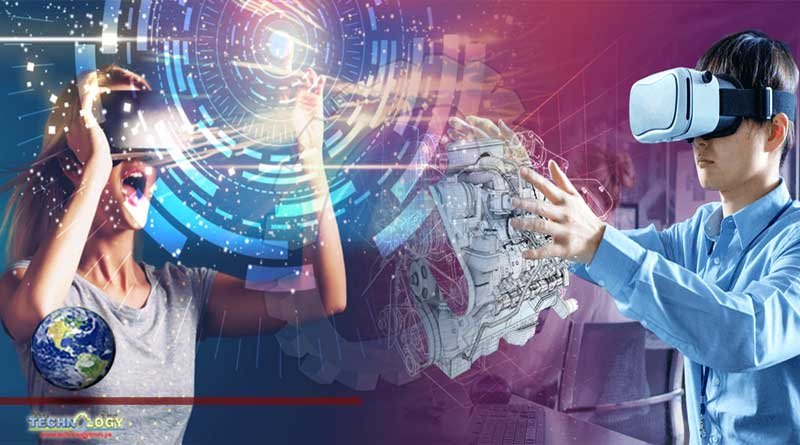Virtual reality technology is being used in classrooms in the country of East Africa to supplement conventional education and educate kids about environmental and social issues.

Virtual reality technology is being used in classrooms in the country of East Africa to supplement conventional education and educate kids about environmental and social issues.
Theoretical instruction alone, according to the organisers, is insufficient to help kids comprehend issues like plastic pollution and climate change.
However, thanks to virtual reality technology, students can witness the effects on the environment firsthand.
In Nairobi’s Mathare neighbourhood, students at Mcedo Beijing School have been studying the collection and segregation of waste.
Student Annette Jeptoo claims that “Ukwenza VR has helped me and other students to take care of the environment by separating plastics and organic waste.”
“I used to purchase soda or water in plastic bottles and would then dispose of them in any way possible, but I no longer do that. In a glass bottle, I purchase soda, “Rooney Odhiambo, a different student, says.
Kenya-based Ukwenza VR primarily works with schools in low-income areas, giving students access to virtual field trips that would otherwise be impractical due to budgetary restrictions.
The social enterprise focuses on problems like climate change and plastic pollution.
The risks that plastic waste poses to the environment have been made clear to students, who have been motivated to take action.
“How can we get kids to care about something enough to change their behaviour when it comes to something as complex as plastic pollution or even climate change? which is very difficult, says Njeri Ndonga, co-founder and CEO of Ukwenza VR.
“Virtual reality assists them in two ways. It first helps them conceptualise the issue. Don’t throw away waste is one thing, but understanding that if I throw away a plastic bottle, it will end up in the Indian Ocean and harm marine life will be quite another, as I want to eat that fish, is quite another. In order to help them connect their action to each event along the way, you can create a chain.
Anne Njine, an education specialist, believes virtual reality fosters children’s empathy for topics they learn. VR is more effective in project-based activities, resulting in collaboration and discussions.
Njine believes VR helps children develop the right emotions, and the issue of paper waste is a growing concern. The solution to this issue is debated, as children may be more sensitive to environmental issues like turtles swallowing papers or paper dumps.